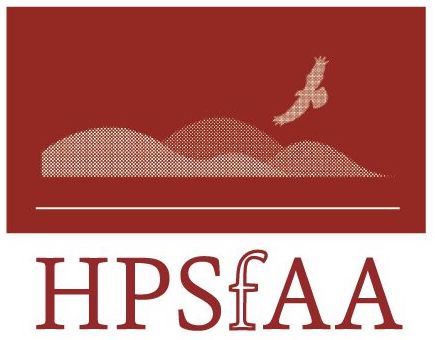  
 
The High Plains Society for Applied Anthropology |
|
Leave No Indian Child Behind: A Study of “Culturally Appropriate” Social Services and the American Indian Community in Denver, Colorado
Dana EchoHawk
Indian families in Denver, or other urban areas as well, surprisingly have preserved their culture and traditions despite historic oppression and contemporary dysfunctional family situations. The dysfunction is often a result of their interactions with a social services system that does not understand their basic culture, values, or philosophies of family. Social services systems are founded on principles and assumptions based on the values most generally accepted in the mainstream society. Hence, the systems often lack sensitivity for cultures other than the mainstream. Extended families play an important role in raising American Indian children, but this is often not understood by State social workers. When children are removed from their homes, extended family members are typically not considered as suitable foster parents. The Indian Child Welfare Act of 1984 was established to begin to remedy this situation.
High Plains Applied Anthropologist No. 1, Vol. 24, Spring, 2004 pp 41 – 49<Get PDF>
Back To List of Previous Issues